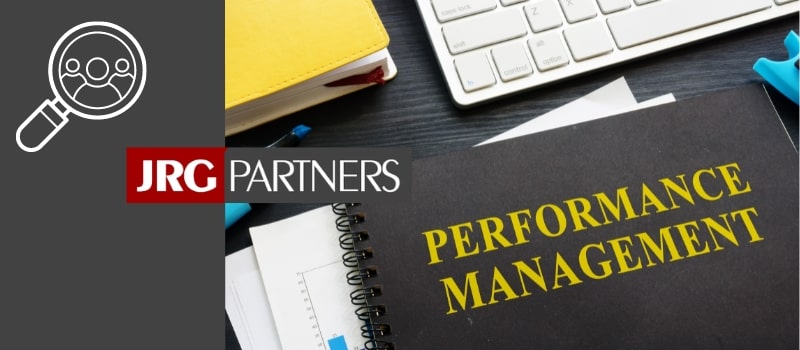Performance management is a systematic process of planning, monitoring, assessing, and enhancing employee performance and effectiveness to achieve organizational goals, objectives, and priorities. It involves a series of interconnected activities and interventions aimed at aligning individual and team performance with organizational strategies, expectations, and standards to drive continuous improvement, productivity, and success.
Key components and practices of performance management include:
- Goal Setting: Performance management begins with establishing clear, specific, and measurable goals, objectives, and performance expectations for employees that are aligned with the organization’s mission, vision, and strategic priorities. Goal setting involves defining key performance indicators (KPIs), milestones, and targets that guide employees’ efforts and focus on desired outcomes and results.
- Performance Planning: Performance planning involves defining roles, responsibilities, and performance expectations for employees, outlining the resources, support, and development opportunities needed to achieve success. It includes clarifying job duties, accountabilities, and performance criteria, setting performance standards, and establishing performance improvement plans, if necessary, to address deficiencies or gaps in performance.
- Performance Monitoring: Performance management entails ongoing monitoring, tracking, and evaluation of employee performance against established goals, targets, and expectations using performance metrics, feedback mechanisms, and performance appraisal systems. Managers and supervisors regularly observe, assess, and document employee performance, identifying strengths, areas for improvement, and opportunities for development.
- Feedback and Coaching: Performance management involves providing timely, constructive, and actionable feedback to employees on their performance, behavior, and outcomes to reinforce positive behaviors, address performance issues, and promote continuous learning and development. Feedback may be delivered through formal performance evaluations, regular check-ins, coaching sessions, or informal conversations, focusing on strengths, achievements, and areas for growth.
- Performance Appraisal: Performance management culminates in formal performance appraisals or evaluations conducted periodically (e.g., annually, semi-annually) to assess employee performance, achievements, and contributions, provide a comprehensive review of performance outcomes, and discuss performance feedback, ratings, and recommendations for improvement or recognition. Performance appraisals serve as a basis for making decisions related to promotions, compensation, training, and career development.
- Performance Recognition and Rewards: Performance management includes recognizing and rewarding employees for their outstanding performance, achievements, and contributions to the organization’s success through various incentive programs, recognition initiatives, bonuses, promotions, or other forms of acknowledgment and appreciation. Rewarding high performers reinforces desired behaviors, motivates employees, and fosters a culture of performance excellence and meritocracy.
- Performance Improvement: Performance management addresses performance issues, gaps, or deficiencies through targeted interventions, support mechanisms, and performance improvement plans designed to help employees overcome challenges, develop new skills, and achieve performance goals. Performance improvement plans outline specific objectives, timelines, and actions required to address performance issues constructively and collaboratively.
- Employee Development: Performance management emphasizes employee development and career growth by identifying learning needs, training opportunities, and developmental experiences that enhance employees’ skills, competencies, and capabilities. It involves providing coaching, mentoring, training programs, and career development resources to support employees’ professional growth, career aspirations, and long-term success within the organization.
- Succession Planning: Performance management contributes to succession planning and talent management initiatives by identifying high-potential employees, future leaders, and key talent within the organization, assessing their readiness and potential for advancement, and developing succession plans to ensure a pipeline of qualified candidates for critical roles and leadership positions.
- Continuous Improvement: Performance management is an iterative and continuous process that fosters ongoing learning, adaptation, and improvement based on feedback, data analytics, and performance insights. Organizations continuously refine performance management practices, tools, and systems to enhance effectiveness, relevance, and alignment with changing business needs, market dynamics, and employee expectations.
Effective performance management requires collaboration, communication, and accountability among managers, employees, and stakeholders to foster a culture of performance excellence, engagement, and continuous improvement. By implementing robust performance management processes and practices, organizations can optimize employee performance, drive organizational success, and achieve sustainable growth and competitiveness in today’s dynamic and competitive business environment
You may also be interested in learning about these terms:


